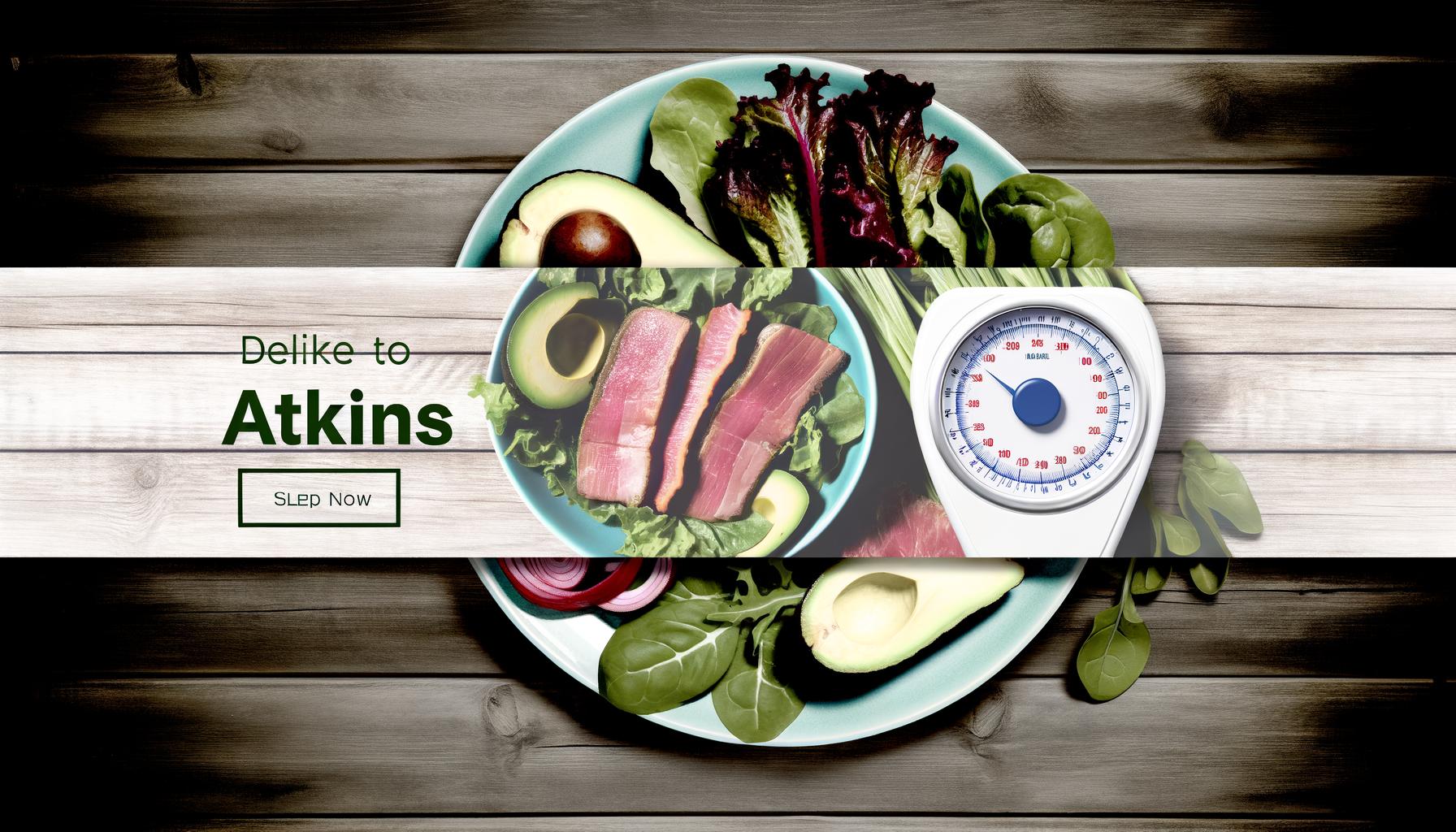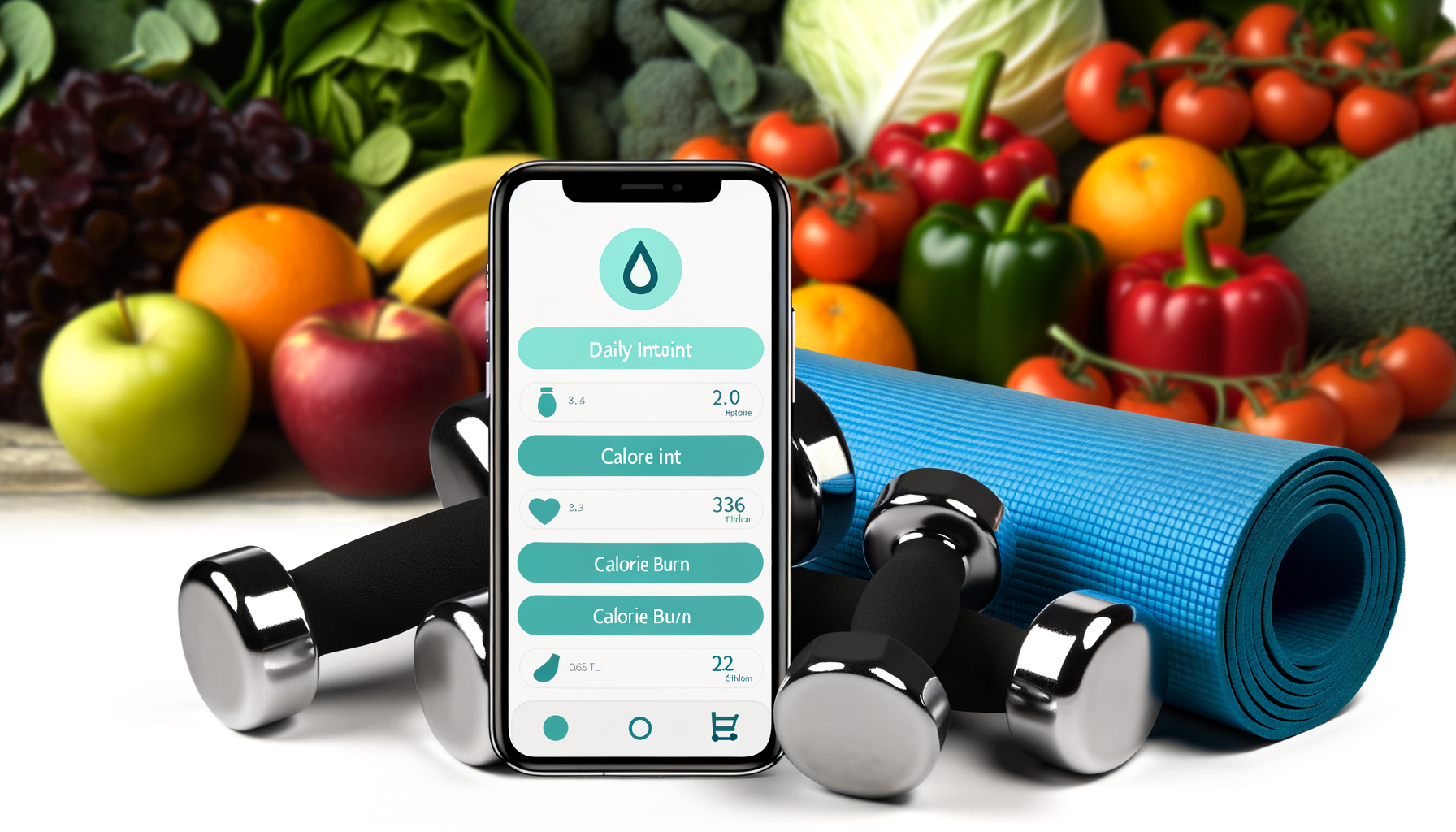Optimizing Nutrition for Menopause Management with WP Calorie Calculator Pro
Navigating the Challenges of Menopause: A Comprehensive Guide to Nutrition and Calorie Management
Menopause is a significant life transition that brings about a multitude of physical and hormonal changes. One of the most common challenges women face during this period is managing their diet to maintain hormone balance and control weight gain. In this guide, we will explore how optimizing your nutrition, coupled with the use of tools like the WP Calorie Calculator, can help you navigate this critical life stage with greater vitality and well-being.
The Importance of Hormone Balance During Menopause
Hormonal shifts during menopause can lead to a range of symptoms, including mood swings, weight gain, hot flashes, and reduced libido. The primary hormones affected are estrogen, progesterone, insulin, and testosterone, and dietary choices play a crucial role in managing these hormones.
Foods That Support Hormone Balance
Certain foods are particularly beneficial for maintaining hormone balance during menopause:
- Brassica (cruciferous) vegetables such as broccoli, cauliflower, kale, and cabbage contain indole-3-carbinol, which helps metabolize estrogen in the gut and liver. This can be particularly helpful in addressing estrogen dominance.
- Healthy fats from avocados, nuts, seeds, and fish are rich in omega-3 fatty acids and other essential fats that reduce inflammation and support hormone production, especially progesterone.
- Fiber-rich foods, including low-starch fruits and vegetables, nuts, seeds, and whole grains, are essential for gut health and aid in estrogen metabolism and blood sugar regulation.
Foods to Limit or Avoid
On the other hand, some foods and drinks should be limited or avoided to prevent exacerbating menopausal symptoms:
- Excessive caffeine can lead to increased stress hormone production and elevated cortisol levels, potentially exacerbating fatigue and estrogen levels.
- Processed carbs and sugar can disrupt blood sugar and insulin levels, leading to weight gain and increased risk of chronic diseases like type II diabetes and cardiovascular disease.
- Alcohol consumption, even in moderation, can disrupt hormones, affect brain aging, and lead to elevated insulin levels and estrogen dominance.
- Gluten sensitivity can contribute to gut issues, thyroid problems, and autoimmune conditions, making it advisable to assess its impact on your health.
The Role of Calorie Management in Menopause Nutrition
During menopause, the body undergoes several changes that affect metabolism and calorie requirements. The decrease in muscle mass and the shift in hormone levels can lead to a slower metabolic rate and a tendency to store more calories as fat.
The 1200 Calorie Menopause Diet
A 1200-calorie diet can be an effective strategy for managing weight and reducing the risk of chronic diseases associated with menopause. Here are some key tips for successfully following this diet:
- Meal planning and preparation are crucial. Planning healthy, protein-rich, nutrient-dense meals can help control appetite and ensure you stay within your calorie limit.
- Focusing on low-calorie protein sources can keep you fuller for longer, which is essential with a low-calorie diet. Protein-rich foods like lean meats, fish, and plant-based options can be the base of your meals.
Using the WP Calorie Calculator for Personalized Calorie Management
The WP Calorie Calculator is a valuable tool for determining the right amount of calories needed based on individual factors like age, weight, height, activity level, and specific goals (weight maintenance, loss, or gain).
This calculator helps women understand and manage their calorie needs with precision, which is particularly important during menopause when metabolic changes are significant. By integrating the WP Calorie Calculator into your health and fitness regimen, you can make informed dietary choices that support your overall health and well-being.
Real-World Examples and Case Studies
Several studies and case studies highlight the benefits of tailored nutrition plans during menopause. For instance, the Mediterranean diet has been shown to have a cardioprotective effect for women during the menopausal transition, reducing total cholesterol, resting heart rate, LDL cholesterol, triglycerides, C-reactive protein, and clustered cardiometabolic risk.
In addition, incorporating specific foods that help regulate hormones, such as avocados and flaxseeds, can further enhance the benefits of a balanced diet. Avocados provide healthy fats and dietary fiber that support hormone production and regulate estrogen levels, while flaxseeds are rich in lignans that mimic estrogen in the body.
Conclusion and Next Steps
Optimizing nutrition during menopause is crucial for managing symptoms, maintaining hormone balance, and ensuring overall health. By making thoughtful dietary choices and using tools like the WP Calorie Calculator, women can navigate this life stage with greater ease and vitality.
If you are looking to optimize your website for health and fitness enthusiasts, consider the WP Calorie Calculator Plans to leverage its full potential. With its customizable features, marketing integrations, and precise calorie calculations, it can be a game-changer in your audience's journey towards better health and wellness.
For more detailed information on how to manage menopause nutrition, you can also refer to other resources such as the WP Calorie Calculator blog on menopause nutrition management.
By taking a proactive and informed approach to nutrition and calorie management, you can ensure a healthier and more balanced transition through menopause.











